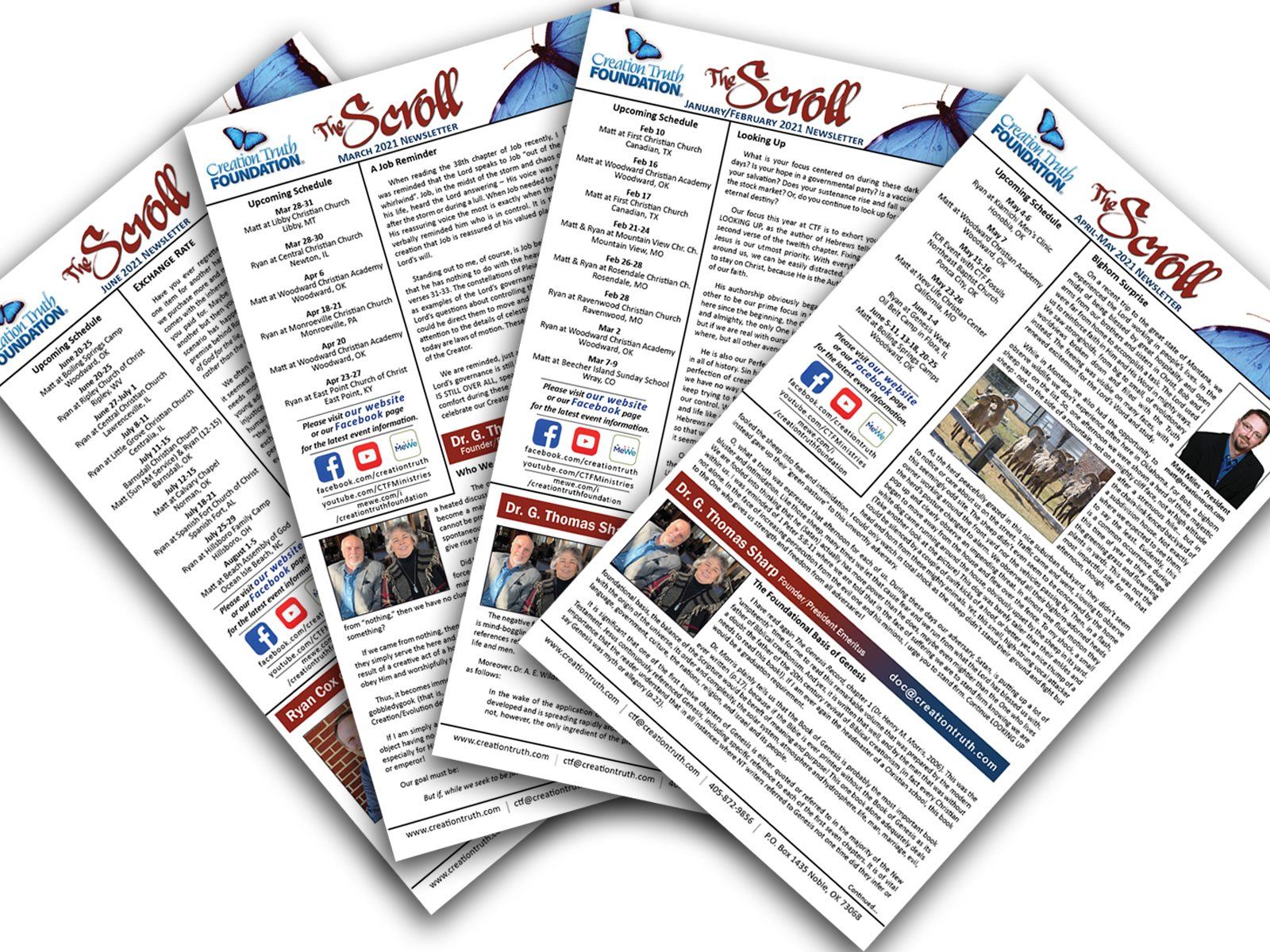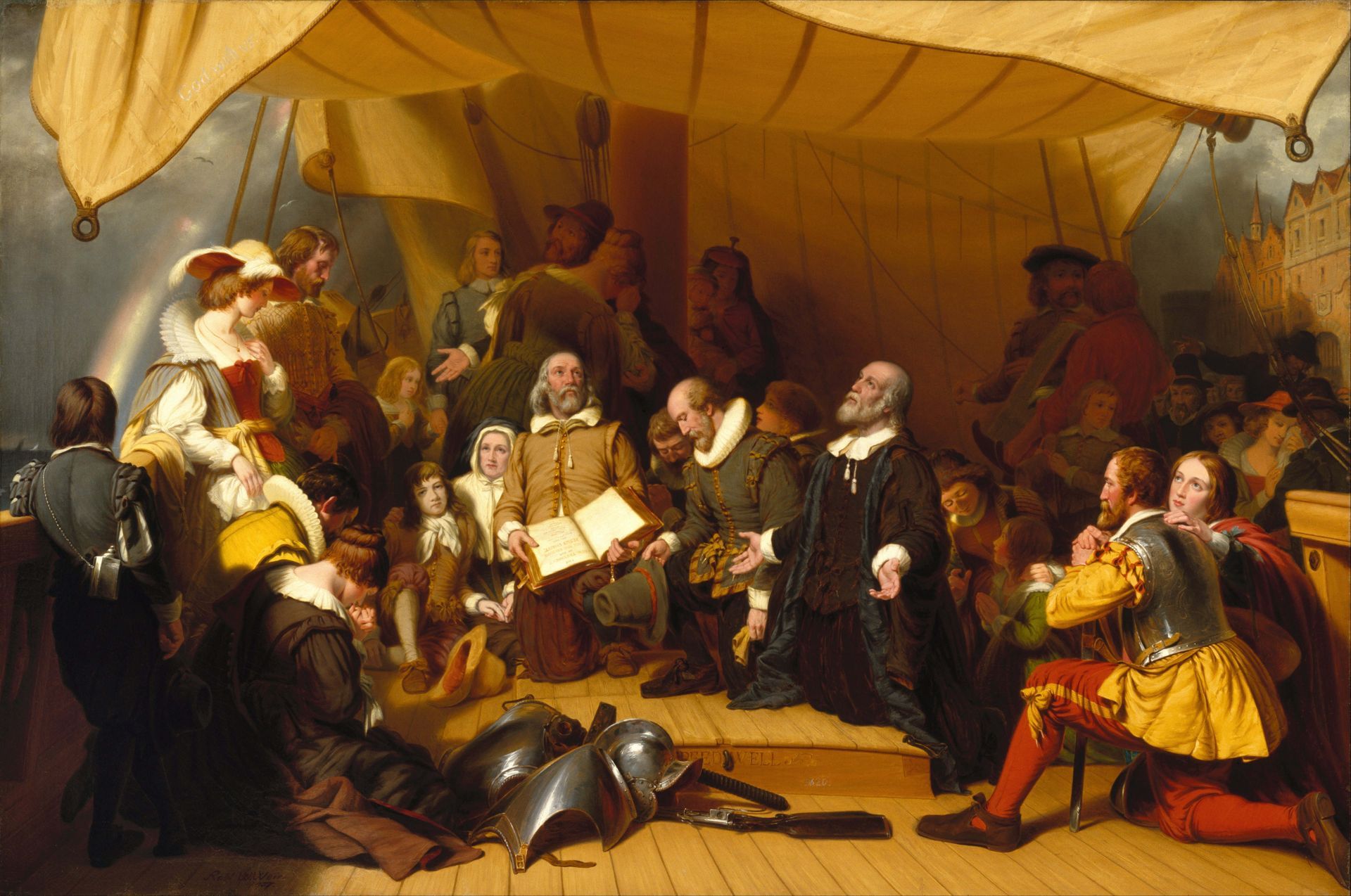Unfounded Assertions Regarding The Apostle Paul
The passages in First Timothy 1:15, First Corinthians 15:9, and Ephesians 3:8 appear to show the beginnings of spiritual declension in the thinking and attitude of the apostle Paul…at least on first glance! For context the reader should know that First Corinthians was written about A.D. 51, Ephesians about A.D. 60 or 61 and First Timothy about A.D. 63. This provides historical setting that can by tortured manipulation provide a basis for asserting this demeaning idea about Paul. Of course, this is not the case, and for anyone to make these unfounded assertions simply shows a mindboggling ignorance of the Holy Scripture. However, because it is argued by some liberal theologians, it demands a response.
First Corinthians 15:9 says: “For I am the least of the apostles, and am not worthy to be called an apostle…” In Ephesians 3:8 Paul staggers us when he announces that he is least of all saints—and he knew a lot of people called “saints.” But when we read in his First Timothy 1:15 that he confesses to be the chief of sinners, we lose our breath temporarily. For anyone to make these unfounded assertions simply shows a mindboggling ignorance of scriptural knowledge. Any consistent Bible student knows immediately that these verses are statements of Paul’s continued growth in Christ, explained as death to self (at this juncture the reader should read Second Corinthians 11 and take note to what Paul calls “my folly”).
In analyzing the life of the apostle Paul, we become aware that he was greatly influenced by Gamaliel, a rabbi and a Pharisee scholar of the school of Hillel, who, it is believed by many scholars is one of the reasons for Paul’s ability to analyze, illustrate, and allegorize so well (notwithstanding the unction and enablement of the Holy Spirit), as is demonstrated in his speaking and writing. And Gamaliel’s utterance in Acts 5:38-39 is one of the finest examples of godly wisdom in the whole of the New Testament:
And I say unto you: Refrain from these men and let them alone: for if this counsel or work be of men, it will come to nothing: but if it is of God, you will not be able to overthrow them; lest haply you be found to be fighting against God.
(Acts 5:38-39, KJV)
Obviously, Gamaliel was a believer in the almighty God. He not only manifested an OT Biblical tradition, he believed in the God of the Old Testament. He also exemplified godly caution, regardless of his status as a scholar of the OT Law, for there was the possibility that this “new” message was from God. It is for sure that he did not want to be found fighting against his Creator. But he failed to ascertain that the wheel in the middle of the wheel had rolled into his presence. He did not discern that the water of life had indeed flowed down from heaven and was available to refresh his own soul. He missed the fact that the man Jesus was Very God … To wit, that God was in Christ, reconciling the world unto Himself … (2 Cor. 5:19)! He was the fulfillment of Abraham’s prophecy that God would provide Himself a burnt offering. That God had indeed robed Himself in human flesh and was there to ratify the truth and saving power of new covenant. Isaiah (40:28-31) cried across the ages, “Hast thou not known, hast thou not heard, that the everlasting God, the LORD, the Creator of the ends of the earth, faints not, neither is weary, and there is no searching of understanding…But they that wait on the LORD shall renew their strength…”



